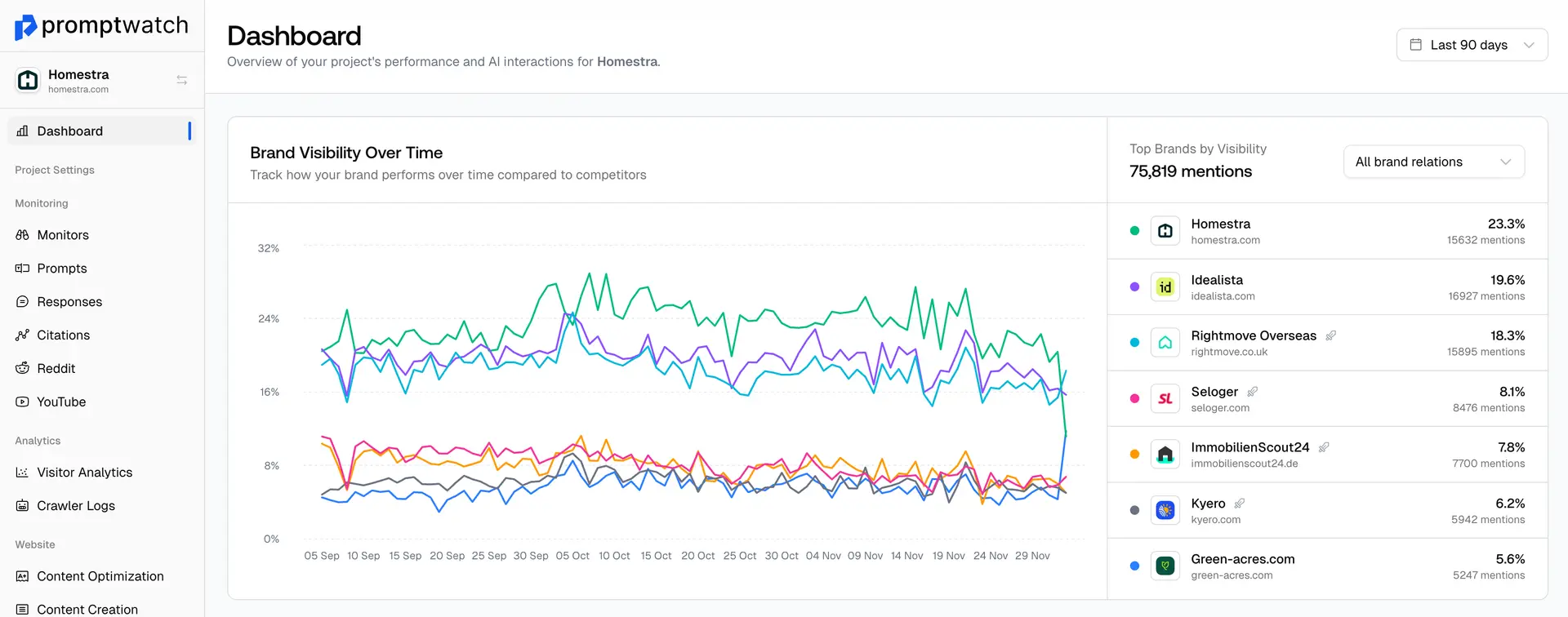Definition
AI-Powered Search Tools are software platforms and applications that leverage artificial intelligence to enhance search functionality, improve result relevance, and provide better user experiences. These tools go beyond traditional keyword-based search to understand user intent, context, and preferences through advanced natural language processing and machine learning algorithms.
Unlike basic search tools that rely on exact keyword matches, AI-powered search tools can understand synonyms, related concepts, conversational queries, and user intent. They can also learn from user behavior to improve results over time, provide personalized recommendations, and handle complex, multi-faceted queries that traditional search tools struggle with.
Key capabilities of AI-powered search tools include natural language understanding and processing, intent recognition and query interpretation, personalized result ranking and recommendations, conversational search capabilities, visual and voice search integration, and continuous learning from user interactions.
Popular AI-powered search tools include ChatGPT for conversational search, Perplexity AI for research-focused search, Google AI Overviews for enhanced search results, Bing Copilot for integrated search assistance, and various enterprise AI search solutions for internal knowledge management.
For businesses implementing GEO strategies, understanding AI-powered search tools is crucial because they represent the platforms where content optimization can lead to increased visibility and citations. Each tool has different optimization requirements and user bases, making comprehensive coverage important for maximum AI search visibility.
Examples of AI-Powered Search Tools
- Perplexity AI providing research-focused search with real-time web access and comprehensive source citations
- ChatGPT offering conversational search capabilities for complex questions and follow-up discussions
- Google AI Overviews enhancing traditional search results with AI-generated summaries and insights
- Bing Copilot integrating search with AI assistance for more comprehensive information discovery
